Schools should play a bigger role in preparing children for social media's emotional demands as they move from primary to secondary school, England's children's commissioner says.
Tagged with digital literacy
Are you a teacher of 8-16-year-olds? Ask your pupils to complete the appropriate survey. They could do it for homework or during break time. It only takes 10-15 minutes.
You can then access free teaching resources to use with your pupils AFTER they have completed the survey. This includes a resource that takes you through the correct answers to the test questions and a booklet with ideas of how to embed critical literacy within your classroom.
Melissa Zimdars is an assistant professor of communication and media at Merrimack College in North Andover, Mass. When she saw her students referencing questionable sources, she created and shared a document with them of how to think about sources, as well as a list of misleading, satirical and fake sites.
Kremlin supporters suspected to be behind fraudulent articles designed to look like they came from Le Soir and the Guardian.
Fake articles made to look like they have been published by legitimate news websites have emerged as a new avenue for propaganda on the internet, with experts concerned about the increasing sophistication of the latest attempts to spread disinformation.
Think before you share
There may be a starman waiting in the sky, but sadly it isn't in the celestial form of a new stellar arrangement marking David Bowie's passing.
You've probably seen the reports circulating in the wake of Bowie's death -- the man behind Ziggy Stardust, the original space oddity, and one of the most innovative recording artists of all time is now memorialised with a new constellation.
Use examples like this to show students that we should always check accuracy before sharing.
Disturbing, explicit and also moving and poignant 17 min film about teenagers, Facebook, trust and relationships.
Due to the graphic nature of some of the images it is unlikely this video would be appropriate to use in schools but will help adults who work with young people have a clearer understanding of the 'flitting attention span and lack of true connection in digital culture.'
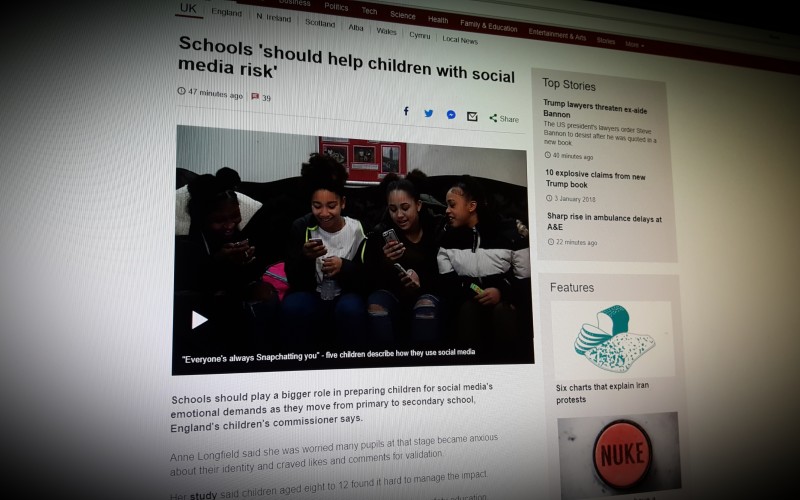
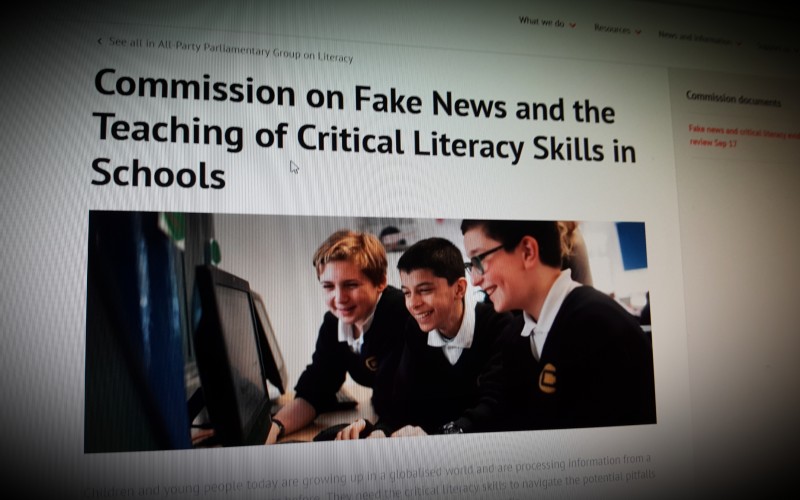
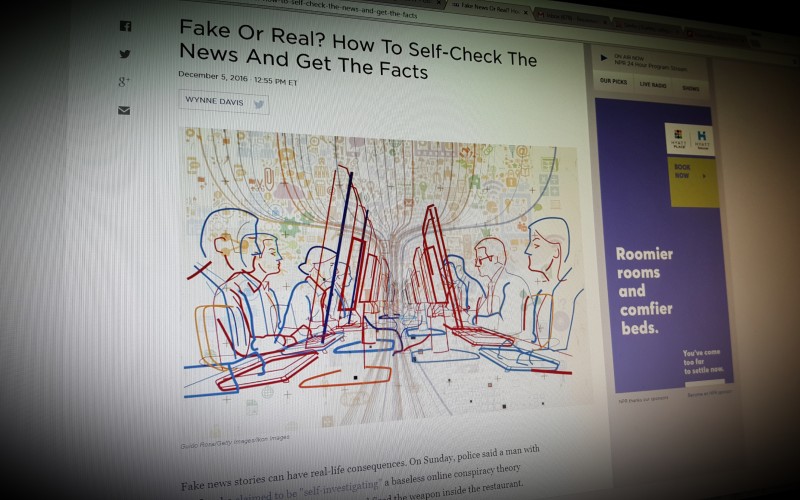
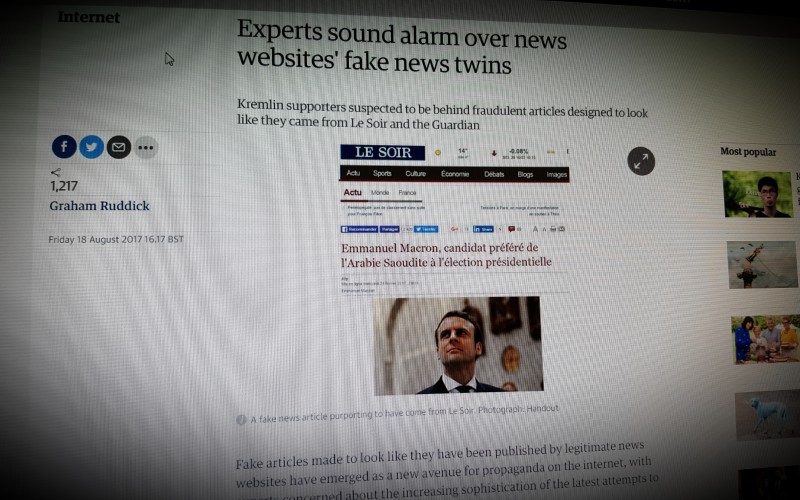
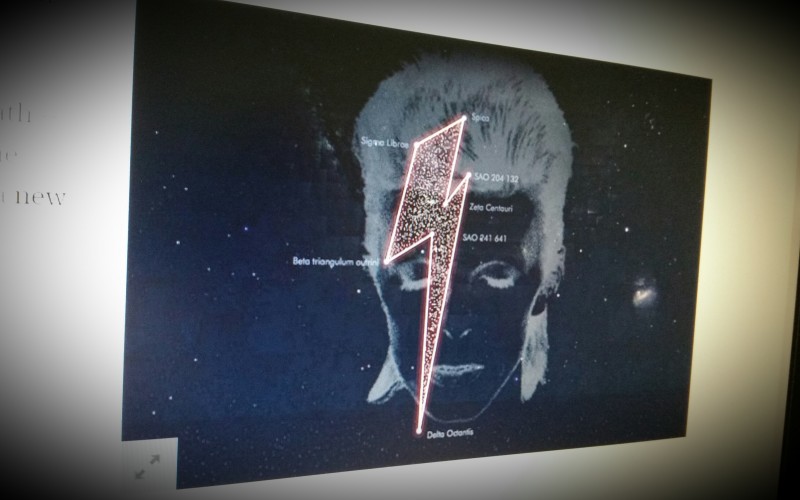

Comments
make a comment